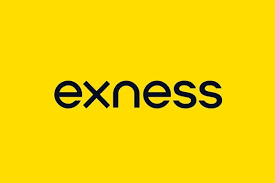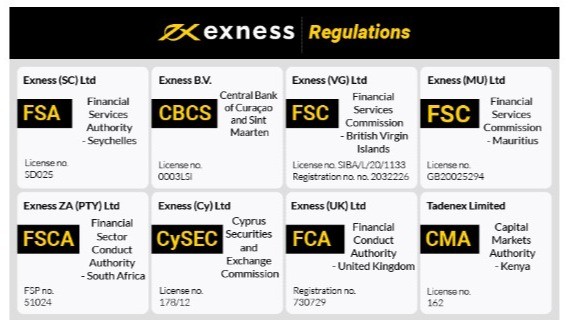Understanding Competitive Exness Fees for Better Trading

Understanding Competitive Exness Fees for Better Trading
When it comes to choosing a trading platform, one of the most vital factors to consider is the fee structure. The cost of trading can significantly affect your profitability, and that’s where competitive Exness fees http://projekt-pedia.de/just-how-to-buy-google-goog-shares/ come into play. In this comprehensive article, we will analyze Exness fees, comparing them to industry standards and exploring their implications for traders.
What Are Exness Fees?
Exness is renowned for its competitive fee structure, which can include spreads, commissions, and overnight fees. Understanding these fees is essential for any trader aiming to optimize their trading strategy. Let’s break down the different types of fees that you may encounter with Exness.
1. Spreads
Spreads are the difference between the bid and ask price of a currency pair. At Exness, spreads can vary significantly depending on the trading account type you choose. For example, in a Standard account, you might find spreads starting from as low as 0.3 pips, while the Pro account typically offers tighter spreads, often reaching 0.0 pips. This competitive spread structure can give traders an edge, especially for those engaging in scalping or high-frequency trading.
2. Commissions
While many brokers charge a commission per trade, Exness has incorporated a flexible commission system that caters to different trading styles. For standard accounts, commissions are generally not charged, but account types like ECN may incur commissions that start from as low as $3.5 per lot. This approach allows traders to select an account type that aligns with their trading strategy.
3. Overnight Fees (Swap Rates)

If you hold a position overnight, you may be subject to overnight fees, also known as swap rates. Exness provides a transparent swap rate structure, allowing traders to be aware of any costs associated with holding positions beyond one trading day. These rates can be either positive or negative, depending on the direction of the trade and the underlying asset’s interest rates.
Comparative Analysis with Industry Standards
To fully grasp the attractiveness of Exness fees, it’s essential to compare them with industry standards. Many brokers have inflated spreads and high commissions that can eat into traders’ profits. Exness’s competitive spreads and versatile commission structure often outperform many competitors in the market.
Examples of Competitors
Competitors like FXTM and IC Markets generally offer competitive spreads, but they might not provide the same level of flexibility regarding commissions as Exness. When considering overnight fees, it’s also crucial to look at the overall cost of maintaining a position. Exness’s transparent fee structure allows you to calculate potential costs beforehand, leading to informed trading decisions.
Implications for Different Trading Strategies
The type of fees charged by Exness can greatly influence various trading strategies, such as day trading, swing trading, and scalping.
Day Trading
For day traders who prefer opening and closing trades within the same day, the cost of spreads and commissions is a primary concern. With Exness offering tight spreads and no commission on standard accounts, day traders can benefit from lower transaction costs, allowing them to maximize profits on multiple trades throughout the day.

Scalping
Scalping requires executing a large number of trades in a very short time to take advantage of small price movements. The competitive Exness fees are particularly appealing to scalpers since low spreads minimize trading costs. Additionally, the availability of accounts with no commission helps scalpers maintain higher profitability on numerous trades.
Swing Trading
Swing traders, who hold positions over several days or weeks, need to pay attention to overnight fees. Exness provides detailed information on swap rates, enabling traders to factor these fees into their profit and loss calculations effectively. The flexibility in account types allows swing traders to choose options that minimize overnight costs, depending on their trading style and an asset’s volatility.
Customer Support and Transparency
Another aspect contributing to Exness’s competitive edge is its commitment to customer support and transparency. Traders have access to a wealth of resources, including live chats, emails, and comprehensive FAQ sections, making it easier to understand and manage costs effectively.
Additionally, Exness ensures that all fees are disclosed upfront, allowing traders to make informed choices without hidden costs. This transparency cultivates trust between the broker and the trader, which is invaluable in building long-term trading relationships.
Conclusion
In the realm of online trading, understanding fee structures has become increasingly important as they directly impact your trading results. Exness stands out due to its competitive fees, offering a variety of account types tailored to meet the diverse needs of traders. By offering low spreads, flexible commissions, and transparency, Exness empowers traders to execute their strategies with confidence. Whether you are a newbie or a seasoned trader, considering competitive Exness fees could be your ticket to a more successful trading experience.
